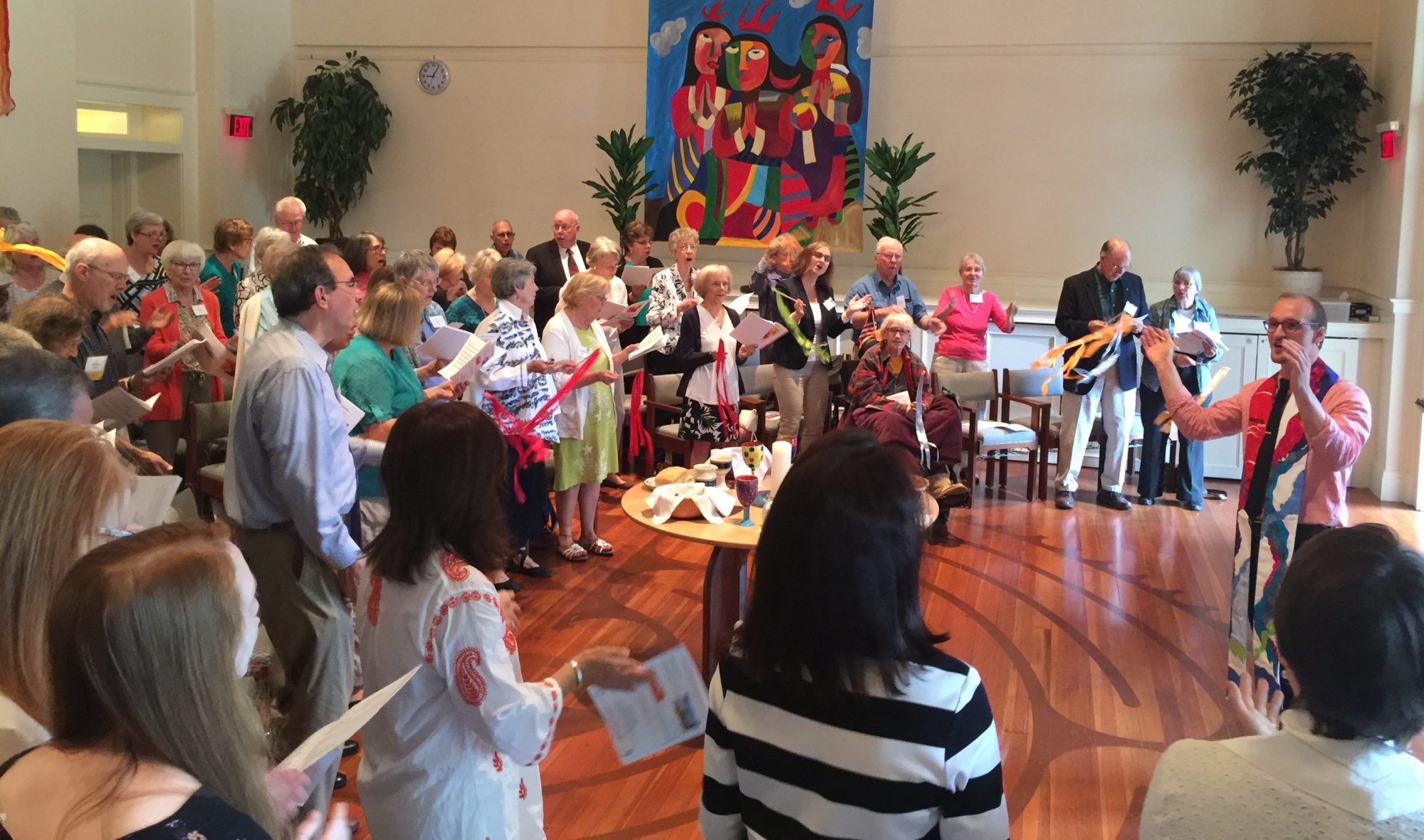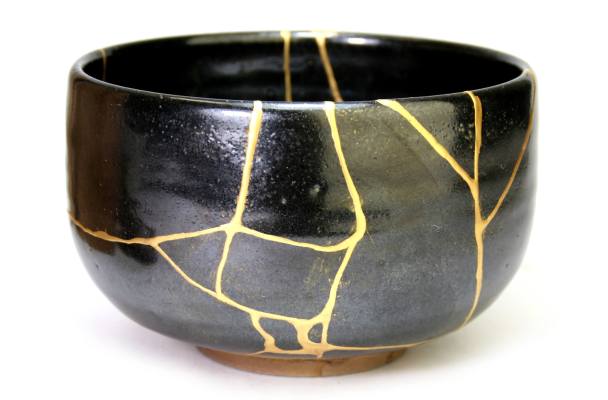sin & brokenness
Our world is rife with brokenness: individuals, families, systems, governments, and churches; racism, sexism, classism, homophobia, xenophobia…the list goes on. I take seriously this visceral brokenness in/of our bodies, communities and planet. This brokenness is “sin.” I also take creation’s inextricable entanglement as a starting point for my theology. Sin is thus the brokenness that results from the denial or fracturing of our radical interdependence.
Each of us is singular and unique, but we are not fully autonomous or separate from one another. From womb to tomb, we are inextricably bound to and dependent on others, not only to survive but also to thrive. Our entangled lives form an ever-expanding web that only becomes more interconnected with each encounter. Sin therefore names a fundamental reality behind so much hurt and brokenness in our world: we forget or deny our profound inter-dependence and live as we please, as if our lives are disconnected from others. We live as if some of us can be free while so many remain enslaved; as if the humanity of men is not also diminished by the violence of sexism; as if homophobia doesn’t shrink heterosexual people’s understanding of love; as if racism doesn’t also distort white people’s sense of self; as if xenophobia—fear of the stranger: immigrant, transgender, refugee, prisoner, Muslim, or whoever “they” might be—doesn’t shrink each of our imaginations of what it means to be made in the image of God. We sin in forgetting or actively denying that with every action we are making both each other and ourselves. We remain in sin so long as we passively allow injustice and inequity—which reflect the use of power to value some lives over others—to exacerbate that brokenness.
This notion of sin challenges us to account for the effects our living has on both others and ourselves. We can choose to ignore these effects, but we do so aware that it is Jesus himself we are choosing to ignore. Indeed, we do so aware that we are tearing apart the fabric of our very selves. My well-being, my liberation and salvation cannot come at the expense of yours. As Desmond Tutu so joyfully writes in his book, No Future Without Forgiveness, “My humanity is caught up, is inextricably bound up, in yours. We belong in a bundle of life. … A person is a person through other persons.” When we are aware of this, we are open and available to others. We don’t feel threatened that others are able and good. Rather, we know that we belong to the whole of humankind and are therefore diminished wherever others are diminished.
(my next post on the sacraments builds on/responds to my comments here about sin & brokenness)

